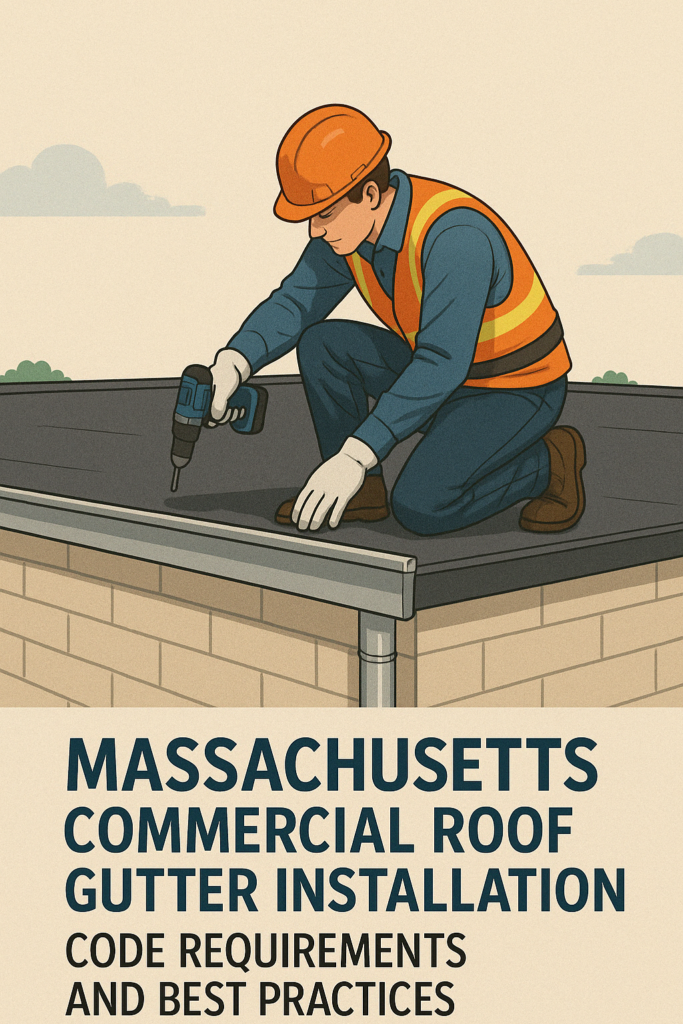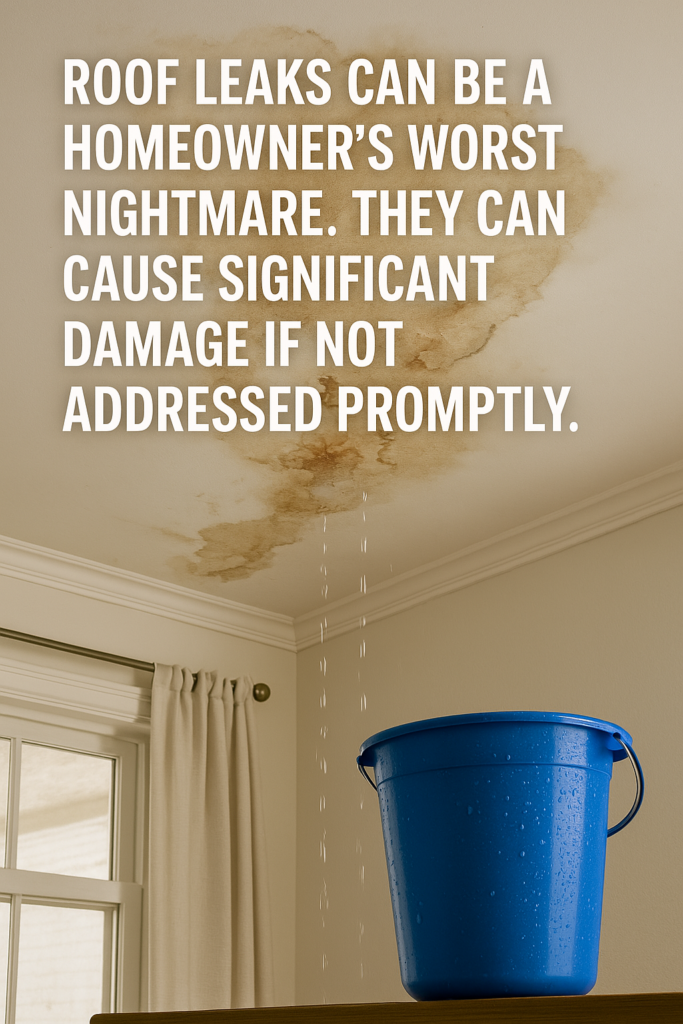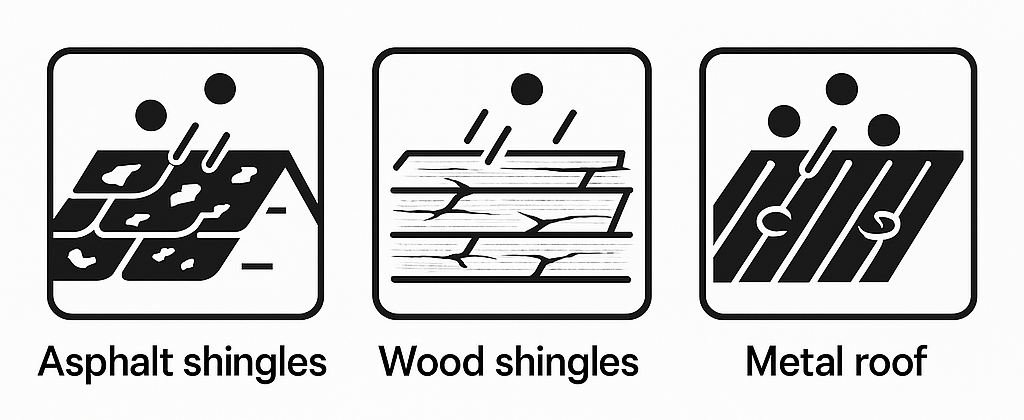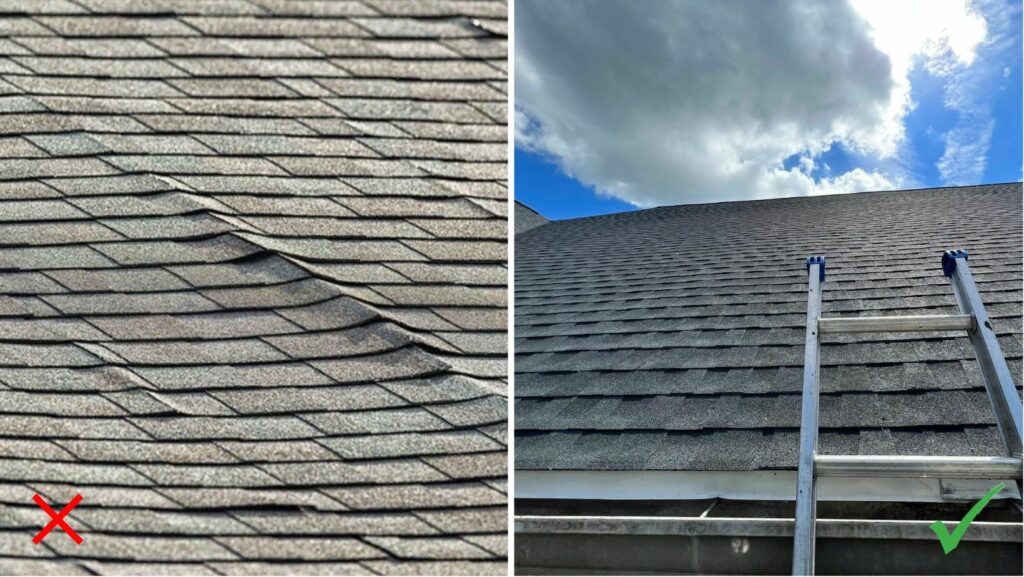PVC vs Rubber Roof: What’s The Best? Side-To-Side Comparison
Reading Time: 6 minutesThere are different types of roofs, each with its own advantages, leading to the common debate of PVC vs rubber roof. The most popular options include using rubber or PVC, also known as single-ply roofing. In the context of rubber roofs, the EPDM rubber roof is particularly well-regarded. This type of roofing is often recommended to be added to an existing sheet metal or elastomer roof to enhance durability and longevity.
Single-ply
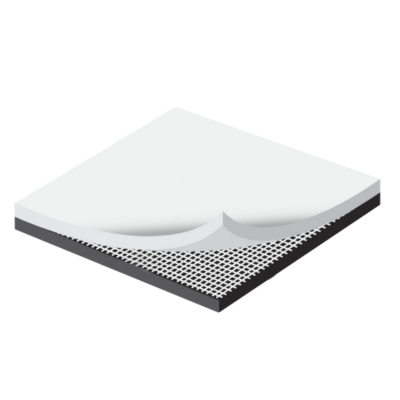
Material – Rubber, PVC
Popularity – High
Benefits – Easy installation, durability, weather resistance
Rubber
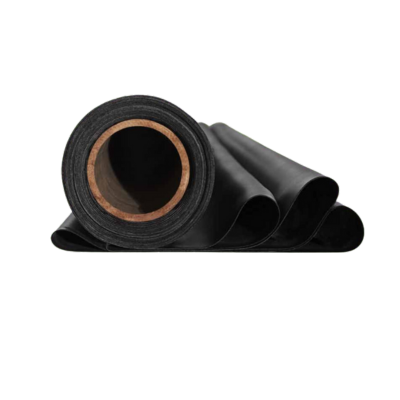
Material – EPDM
Popularity – High
Benefits – Durability, weather resistance, fire resistance
Metal
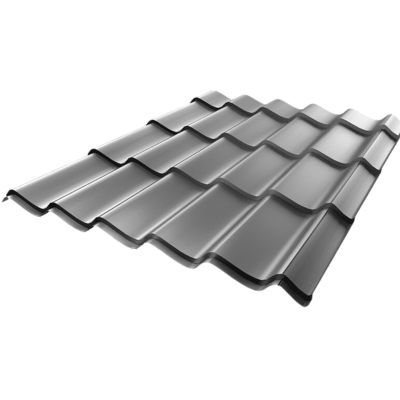
Material – Aluminum, steel
Popularity – Medium
Benefits – Strength, durability, weather resistance
Elastomer
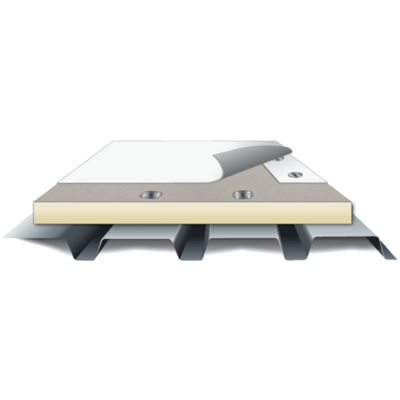
Material – TPO, EPDM
Popularity – Medium
Benefits – Durability, weather resistance, fire resistance
What is the difference between rubber and PVC roofs, and which should you choose when constructing a building? To answer this question, you need to know about some nuances.
Stay tuned to learn more about the composition of these two materials, maintenance considerations, and the benefits of these types of roofs.
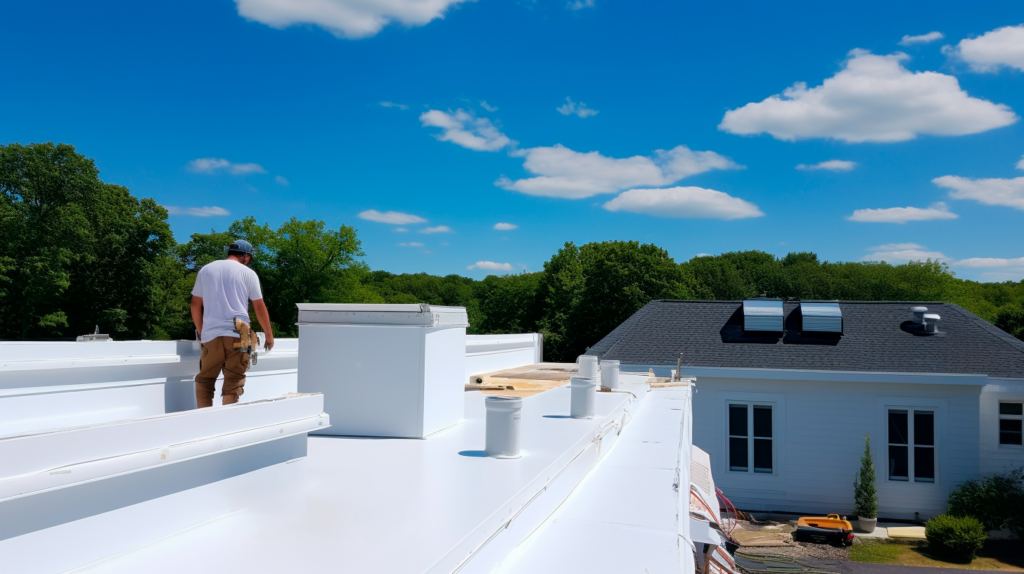
Rubber Roofing: Advantages And Nuances
EPDM roofs are the most widely used kind of rubber roofing. All-weather-resistant synthetic rubber, a single-layer membrane, makes up the material. A membrane of this kind is the best option for flat roofs. An EPDM membrane may last anywhere between 15 and 20 years. With careful upkeep, it can endure up to 50 years. To prolong service life, proper and cautious installation is required. This roof lowers the fire risk since it is erected in a cold environment without flames.
The positive sides of using rubber roofs are:
- Personalization. Various hues and textures from manufacturers can imitate the appearance of more conventional roofing materials. As a result, you may now affordably get the style you choose for your slate, stone, or even wood shingles. One kind of roofing material that mimics more expensive materials is rubber shingles.
- Simple Upkeep. Rubber roofs are great for keeping out moisture but usually require little upkeep and trouble. Usually, all that has to be done is reapply the sealer. Although rubber roofs are long-lasting and resilient, they may eventually fade or get stained. Additionally, it would be best to inspect it as dirt and black mold might detract from the roof’s beauty. Your rubber roof may provide many years of trouble-free service if it is properly maintained.
- Light Weight. Rubber roofing shingles are easy to carry and install since they weigh far less than traditional roofing materials. Rubber shingles also won’t shatter or split during installation, saving you both money and time.
Since rubber roofing is simple to install and long-lasting, it is a popular option for commercial and industrial structures. Rubber roofing prices are determined by material thickness. The thickness and kind of material you choose will primarily determine the final cost of your rubber roof. The installation process also has an impact on the cost per square foot. Regardless of the final cost, a rubber roof is an investment that will pay for itself.
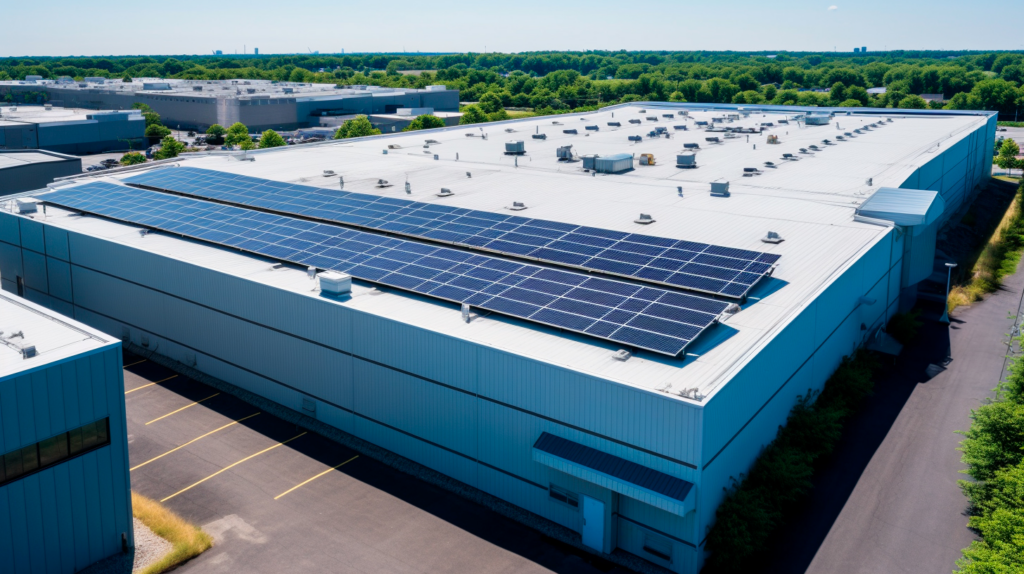
Roofs made of ethylene propylene diene monomer are well known for their resilience to weathering and ozone. PVC roofs, conversely, are more durable and rugged, making them suitable for areas with harsh weather. While EPDM roofing is more flexible and affordable, PVC roofs are more resilient and less likely to leak.

TPO Roof
TPO is an additional type of roofing. The top should be covered with a single sheet of thermoplastic polyolefin membrane. The sheets should be heat-welded, which is an excellent water-resistance choice. White TPO can reflect sunlight and lessen the quantity of heat that the structure absorbs. This material is strong and suitable for long-term usage since it is also resistant to ozone, UV light, and chemical impacts. TPO membranes are inexpensive, simple to install, and ecologically friendly. TPO is frequently more readily available than alternative roofing materials, making it a more cost-effective choice for many building owners.
PVC Roofing — The Most Effective Option
Nowadays, affordable PVC roofing is chosen over other roofing options. Perfect for any weather, PVC offers excellent waterproofing. Its highly reasonable cost further establishes it as a preferred material for a well-defended house. This is one of the most significant materials for your roof and is very simple to install and maintain.
PVC roofing membranes have become increasingly popular because of their strength and longevity. They are composed of polyvinyl chloride. PVC roof seams sealed with heat offer remarkable durability and resistance to leaks, which makes them the perfect option for flat roofs. Furthermore, PVC roofs resist UV rays, guaranteeing long-term functionality in challenging environmental circumstances.
In most cases, PVC is better than using rubber, and that’s why:
- Reasonable Price. A PVC roof is preferable as it is more reasonably priced. Building with this material will cost substantially less than building with rubber, slate, zinc, or tiles. Finishing accessories are reasonably priced as well. Budgeting heavily is unnecessary for the entire construction cost, including underlayment, roof strips, and overhangs.
- Resilience. Rubber is not as resilient as PVC, which does not deteriorate. PVC plates are weatherproof and resistant to decay in both rain and snow. The home is successfully protected from fires and spontaneous combustion with a PVC roof that resists fire.
- Simple Installation. Using PVC panels makes roof repairs simple. Rubber requires significantly longer to install. Its flawless flexibility requires no work. For an ideal seal, the PVC plates must be positioned perpendicular to the framework.
PVC roof components are available in various hues and finishes to accommodate diverse tastes. In addition to transparent or translucent corrugated sheets, imitation wood, slate, and tiles are also available. Since a polyester grid is used to strengthen the cloth, it is very elastic and strong enough to withstand punctures. This species’ roofing is distinguished by its strong resistance to fire, extreme cold, and UV radiation—all of which are advantageous for individuals who live in harsh winter climates.
Revolutionizing Your Roof: Innovative Trends and Solutions in Modern Roofing
PVC vs Rubber Roof: Side-To-Side Comparison.
What are the pros and cons? Both PVC and rubber blood have their strengths and weaknesses. What exactly to choose – depends on you, more precisely, on your requirements, goals, and financial issues. PVC blood has only one drawback: its price distinguishes it from other materials. The service life of a membrane roof from PVC will pay off.

Rubber roofs are known for their affordability, yet they may demand more maintenance over time. On the other hand, PVC roofing systems stand out with their exceptional ultraviolet protection, durability, and moisture resistance. While they come at a higher price point, PVC roofs are often preferred for their superior waterproofing and thermal properties, making them a cost-effective choice in the long term for both residential and commercial roofing needs.
PVC vs Rubber Roof: Who’s The Winner?
PVC roof provides optimal leakage prevention, increased endurance, and resistance to ultraviolet radiation compared to rubber roofs. PVC roofing is popular for flat roofs due to its long-term durability and low service requirements.
As A Conclusion
We just looked at the critical types of rubber and roofing material from PVC. Any of them can be an ideal way to equip the roof.
But the latest solution to choose is entirely yours. We strongly recommend you look for the best roofers in your area, talk with an expert, and get a free quote for all the work. It is essential to consider things such as the geography of your city and the weather in your area. We wish you success and continued warmth and safety from your roof!
Denis is the driving force behind ID Flat Roof, a leading company in Boston specializing in flat roof repair and installation for over 20 years.
Expertise:
Denis excels in PVC, TPO, EPDM, and rubber roofing. His meticulous approach ensures quality and customer satisfaction.
Innovation:
Denis incorporates cutting-edge solutions like skylights and solar PV roofing.




